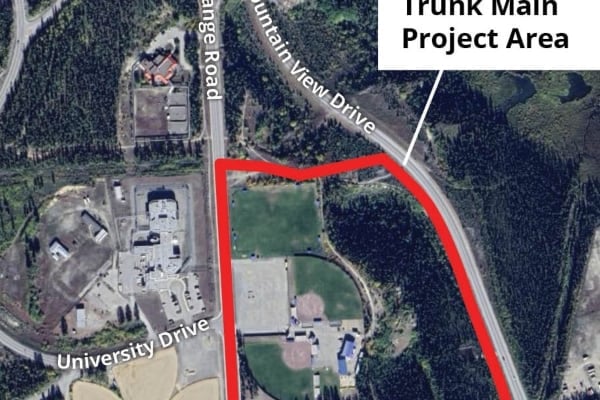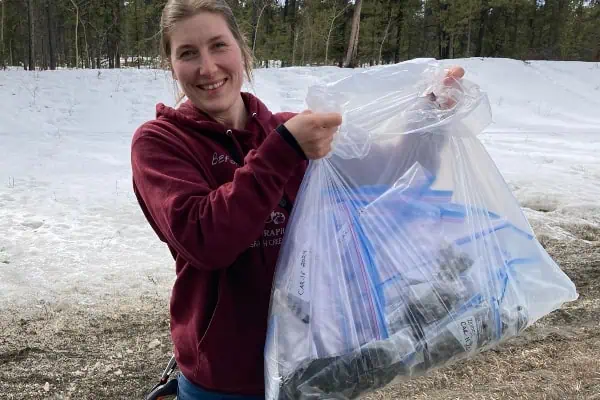‘Nature’, or ‘natural’, have become complicated words to define. They have become over-utilized, and given a multitude of meanings.Marketing campaigns bombard us with the word, misusing it to get us to support organizations, approve initiatives, and consume products such as the Chobani yogurt. As a result, society has enabled the misuse of the meaning of ‘nature’. Most of us are used to the classic definition of this word.Nature: the existence of the physical world — including plants, animals, landscapes, and rivers — that surrounds humankind.It is the way things are without human intervention, creation, or involvement. Archeological evidence shows how early humans used to see themselves as part of nature. As we “civilized” — as technology advanced, we separated from nature. According to American historian William Cronon, “civilized” human beings associated nature with wilderness, and with wild. ‘Nature’ needed to be tamed, controlled, and civilized.Technology became more than artifacts, like computers, fridges, and airplanes; it expanded to include how we saw entities around us. In other words, we saw entities as resources — everything around us was something of value to be used, hence, consumed. This worldview has led to the extinction of some animals and habitats.Technological innovation is evidence of a fast changing world. Radio and television allowed people from all over the world to see and hear the same information, removing space and time as barriers between us. The Internet made it possible for those that could not contact or support each other due to geographical distance, to reach out to one another for a common cause. Now, social networks and institutions can be geographically located anywhere in the world.A paradigm shift in academia is utilizing this new communication medium to popularize academic research, with the possibility of providing people with knowledge that engages their senses and is accessible online, while promoting the idea that nature conservation can take another form.This includes redefining nature not to be seen as a source of resources for us to consume until they are exhausted, but as a life-sustaining ecosystem that we all belong to, a relationship among all living resources.The Yukon Wildlife Preserve is a perfect example of this new belief put into action. Since inception, the board and the staff have believed in valuing and respecting nature; it is a philosophy that many are trying to spread to others.It’s based on the belief that preservation and conservation alone will not solve the problem; rather, human beings must accept and believe in the new meaning of nature.This is exactly what the preserve has been promoting all along. The passion and dedication of the preserve staff comes from a strong conviction that we must care for the animals and the environment, and pass on knowledge to visitors; we must work hard to ensure that Yukon children have an opportunity, not only in class trips but also in camps, to learn through hands-on experiences about how to care for animals, the environment, and how to survive in the wild. This mentality will be crucial if we are to return to our heritage and the conservation of nature. The Yukon Wildlife Preserve puts the welfare of the animals and the environment first. This is a code that society as a whole should live by, an example for others to follow. It is a first class facility we should be proud to have.
About The Author
Related Posts
‘Without A Paddle’ (Almost)
On June 1, 2022, a tension crack was discovered in the Takhini Sanitary Trunk Main, similar to others noted along the escarpment...
WILD POOPS
When you ask a Yukon biologist if a bear does, in fact, poop in the woods, they will most definitely tell you yes.
Please welcome … Jenny Hamilton!
After working as a writer and stage manager on Larrikin Entertainment’s production of WYRD: a Musical Unfairytale, last year, Jenny Hamilton...
Brandon Isaak Is Back At It Again
It’s been a while since we caught up with Brandon Isaak. Far from idling since our last conversation, the Whitehorse-born blues songster...




